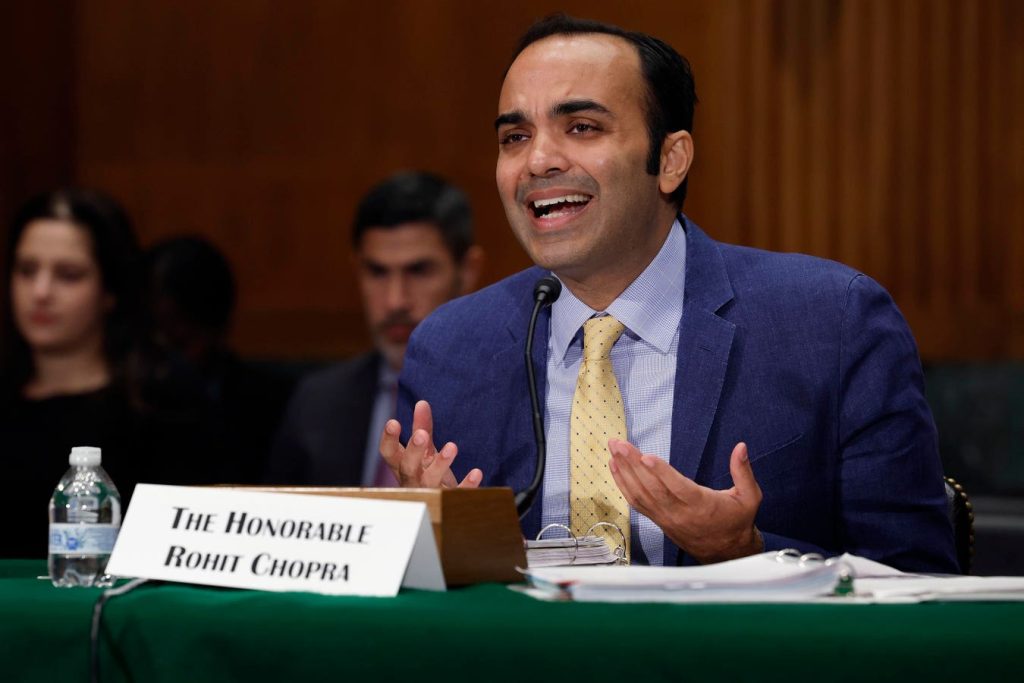Zelle, a peer-to-peer (P2P) payment service, has gained immense popularity for its speed and convenience, enabling users to transfer funds electronically using just a recipient’s phone number or email address. Owned by Early Warning Services (EWS), a consortium of seven major US banks, Zelle is currently offered by over 2,400 financial institutions. However, this widespread accessibility has also made it a prime target for scammers, leaving users vulnerable to financial losses with limited legal recourse. Unlike credit card scams, where robust consumer protections exist, victims of Zelle fraud often find themselves bearing the brunt of the losses, a critical vulnerability highlighted by consumer advocacy groups and government agencies.
A key issue lies in Zelle’s vulnerability to imposter scams. Criminals impersonate legitimate entities, often banks, tricking users into authorizing payments under false pretenses. This type of fraud exploits the inherent trust users have in their financial institutions, leading them to believe they are interacting with a legitimate representative. Furthermore, phishing attacks targeting Zelle credentials pose a significant threat. Scammers employ deceptive emails and text messages to lure unsuspecting users into divulging their usernames, passwords, and PINs, providing direct access to their bank accounts linked to Zelle. While unauthorized access due to hacking is generally covered by legal protections, losses resulting from tricked payments offer minimal recourse for victims.
Under mounting pressure from Senators Elizabeth Warren, Sherrod Brown, and Jack Reed, the banks backing Zelle have agreed to reimburse some victims, particularly those affected by imposter scams. This concession acknowledges the need for greater accountability on the part of financial institutions in addressing the rampant fraud plaguing the platform. However, the extent of reimbursement and the specific criteria for eligibility remain points of contention. Data presented by Senator Richard Blumenthal reveals a declining trend in reimbursement rates for unauthorized transactions by major banks, raising concerns about the commitment of these institutions to protect their customers from fraud.
The Consumer Financial Protection Bureau (CFPB) has taken decisive action against major banks involved in Zelle, including Bank of America, JP Morgan Chase, and Wells Fargo, filing lawsuits alleging inadequate safeguards against fraud. The CFPB’s investigation underscores the systemic failures within the Zelle network, highlighting a pattern of negligence and inadequate consumer protection mechanisms. The bureau alleges that over seven years of Zelle’s operation, consumers have lost more than $870 million due to these banks’ failure to implement robust security measures and adequately address fraud complaints.
The CFPB’s lawsuit outlines several critical failures contributing to the prevalence of Zelle scams. Firstly, inadequate identity verification methods allow scammers to easily create accounts and link them to victims’ tokens (email addresses or phone numbers), facilitating fraudulent transactions. Secondly, the lack of effective information sharing among banks within the Zelle network enables repeat offenders to exploit multiple accounts across different institutions. Thirdly, and perhaps most significantly, the CFPB alleges that these banks ignored a substantial volume of fraud complaints, failing to utilize this data to identify patterns, prevent future scams, and enhance security measures. Finally, the banks are accused of neglecting their obligations under the Electronic Fund Transfer Act and Regulation E, which mandate thorough investigation and appropriate reimbursement for victims of electronic fund transfer fraud.
Given the vulnerability of Zelle to scams, users must take proactive steps to protect themselves. Before enrolling in Zelle, thoroughly review the fraud protection policies, understanding the limitations of coverage and the potential for financial loss in case of scams. Recognize that Zelle is primarily designed for transferring small amounts of money to trusted individuals and should not be used for commercial transactions. Implementing strong security measures, such as using a PIN or other dual-factor authentication, is crucial to prevent unauthorized access and protect your linked bank accounts. Exercise extreme caution with unsolicited requests for personal information, including usernames, passwords, and PINs, via email, text, or phone calls. Never disclose these sensitive details unless you have independently verified the legitimacy of the request, preferably by contacting your bank directly through a known and trusted phone number. Be wary of calls that appear to originate from your bank or other legitimate organizations, as caller ID can be spoofed to disguise the true source. By understanding the risks associated with Zelle and adopting these precautionary measures, users can significantly reduce their vulnerability to scams and protect their financial well-being.

